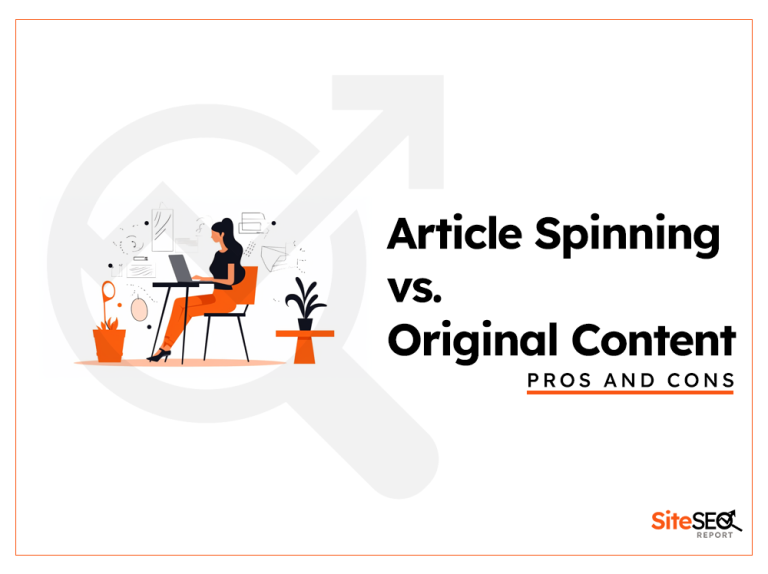Voice search, powered by smart assistants like Alexa, Siri, and Google Assistant, is rapidly transforming the way users interact with the digital realm.
As this technology becomes more prevalent, the content structure on websites needs to adapt. Enter FAQs (Frequently Asked Questions).
Let’s explore how FAQs are uniquely positioned to enhance voice search experiences.
The Rise of Voice Search

Voice search allows users to verbally query search engines or digital assistants. It’s hands-free, intuitive, and especially useful when multitasking.
With the proliferation of smart speakers and voice-enabled devices, voice search is no longer a novelty—it’s becoming a norm.
Why FAQs are Crucial for Voice Search

Conversational Nature: Voice searches are often phrased as questions. “What’s the weather today?” or “How do I make a cheesecake?“.
FAQs, by their very nature, are designed to answer questions, making them a perfect fit for voice search queries.
Direct Answers: Voice search users are typically looking for immediate, concise answers. A well-crafted FAQ provides direct, to-the-point responses, which voice assistants can easily relay to users.
Enhanced User Experience: When a voice assistant can pull a precise answer from an FAQ section, it enhances the user’s experience, making it more likely they’ll trust and return to that source in the future.
Local Search Potential: Many voice searches have local intent, like “Where’s the nearest Italian restaurant?“. Local businesses with FAQs addressing their services, hours of operation, and other common queries can benefit immensely from voice search.

Optimizing FAQs for Voice Search

Natural Language: Ensure your FAQs are written in a conversational tone. Think about how people naturally speak and phrase your answers accordingly.
Prioritize Common Questions: Use tools like Google Search Console to identify commonly asked questions related to your industry or business. Ensure these are prominently featured in your FAQ section.
Implement Schema Markup: Using the “FAQ” Schema markup, you can provide search engines with clearer context about your content, making it more likely to be picked up as a voice search result.
Mobile Optimization: A significant portion of voice searches come from mobile devices. Ensure your website, especially the FAQ section, is mobile-friendly.
The Future of FAQs in Voice Search
As voice search technology becomes more sophisticated, it’s likely that the role of FAQs will evolve. Here’s what the future might hold:
Personalized Responses: Voice assistants could provide answers tailored to individual user preferences, using FAQs as a base but personalizing information based on user history and behavior.
Interactive FAQs: In the future, users might not just receive a static answer. They could engage in a back-and-forth conversation with voice assistants, delving deeper into FAQ sections.
Integration with Other Technologies: FAQs could integrate with Augmented Reality (AR) or Virtual Reality (VR), allowing for immersive, voice-guided experiences.
Conclusion
FAQs, with their direct and question-oriented structure, are a natural ally for voice search optimization.
As voice search continues its upward trajectory, businesses and content creators must recognize the power of FAQs in meeting user needs and enhancing digital interactions. Embracing this synergy will be key to staying ahead in the ever-evolving digital landscape.






